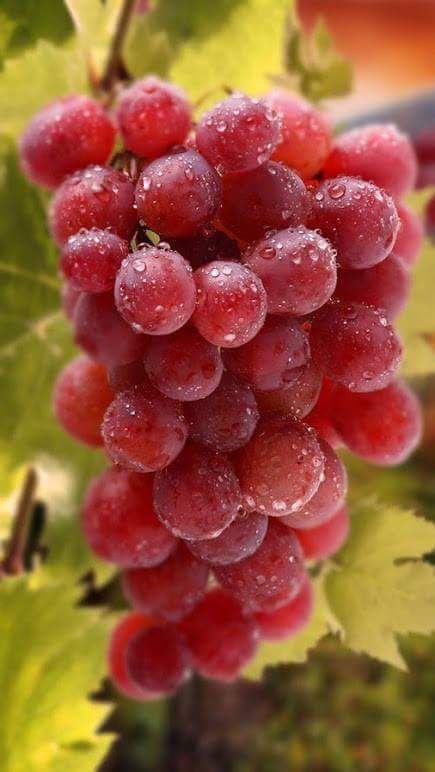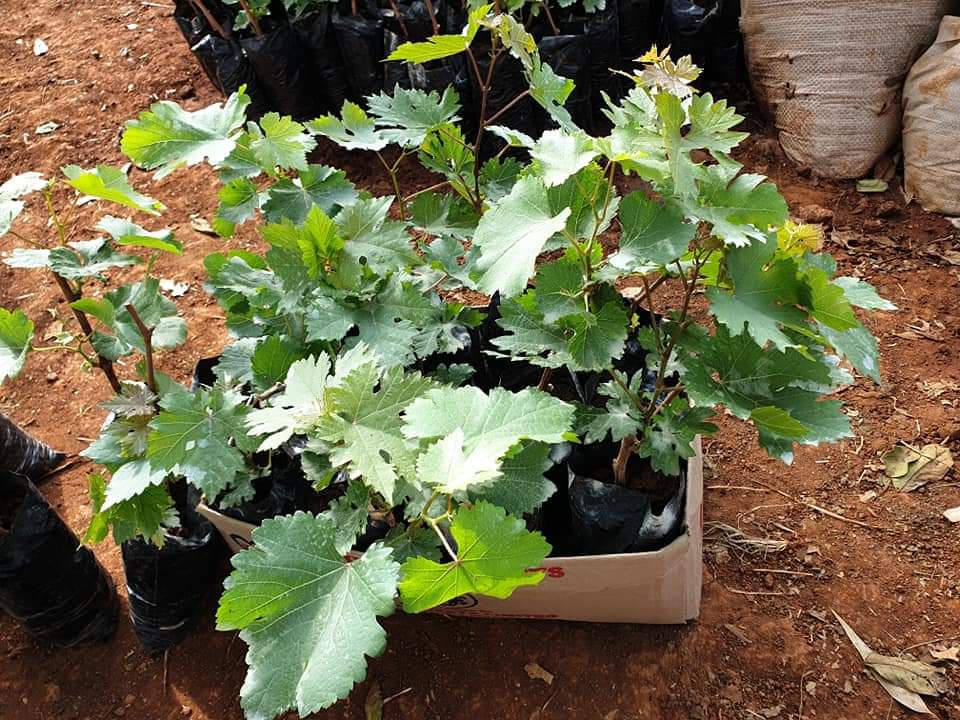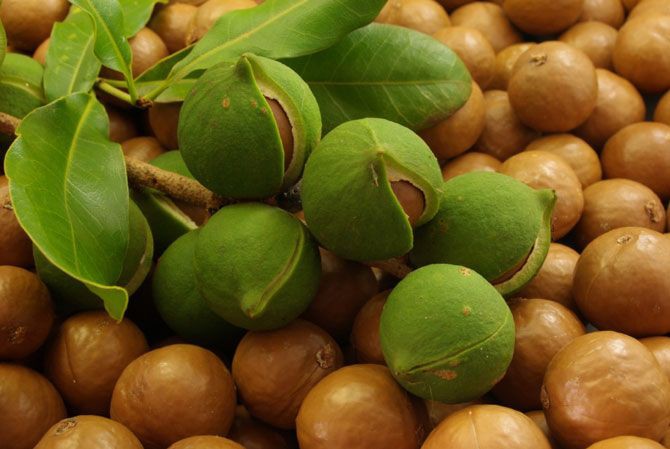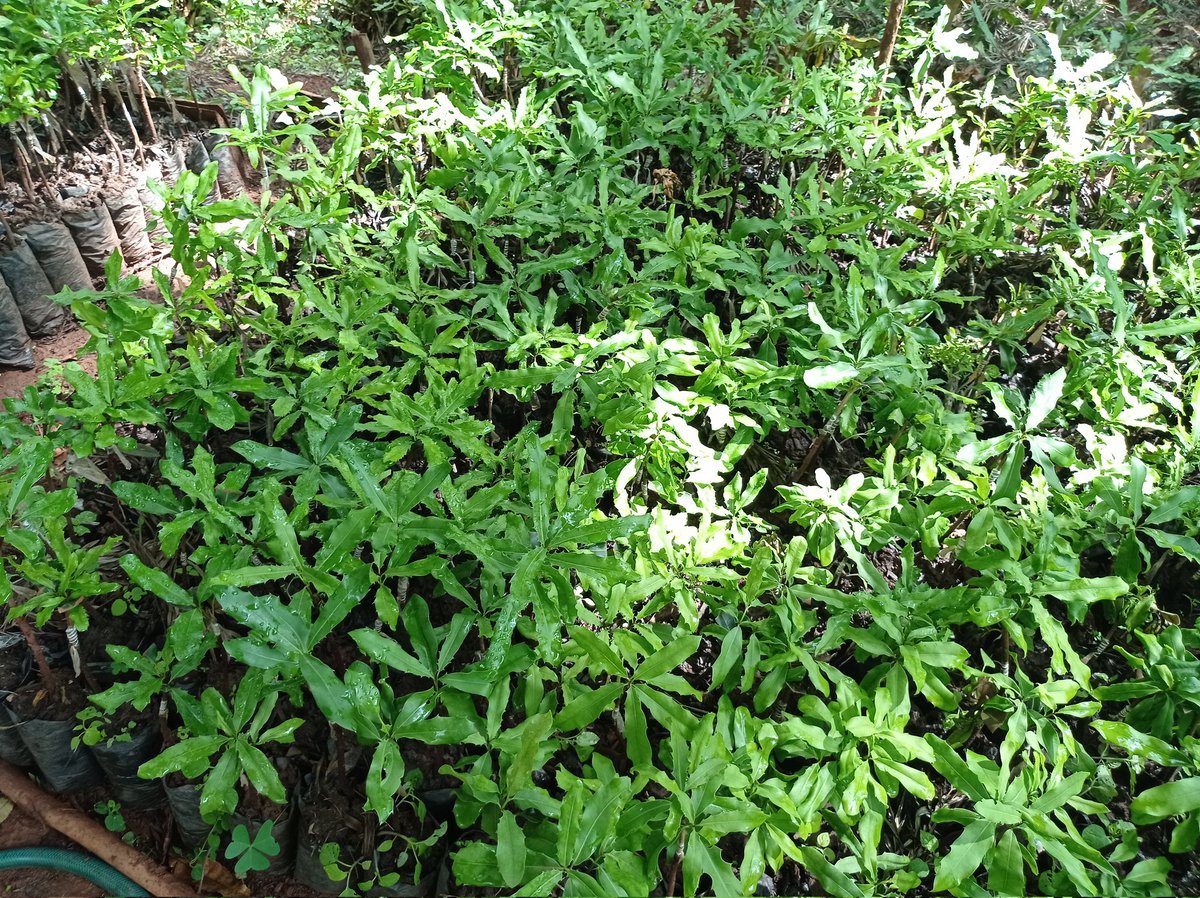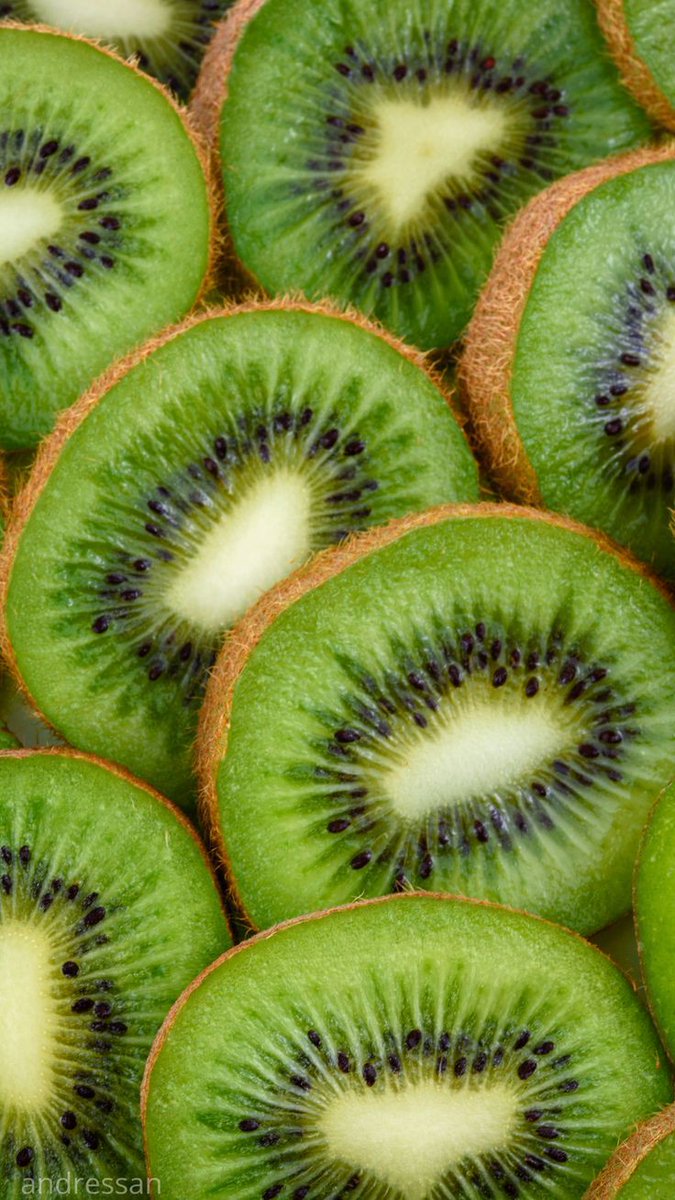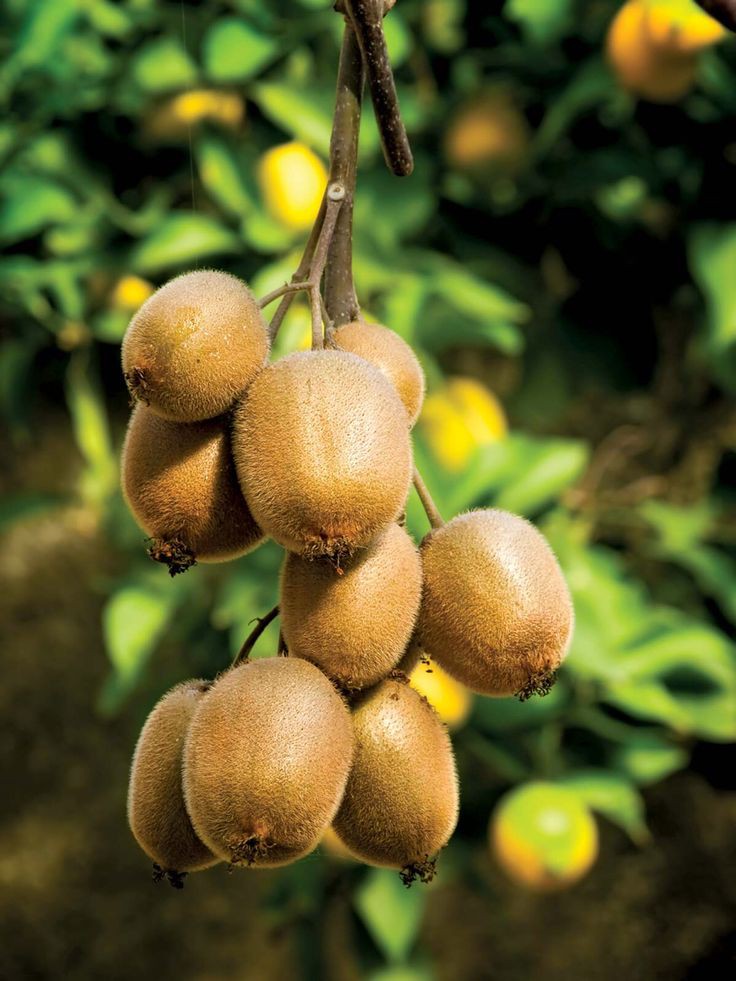
Let's talk of the most common Lemon Varieties in the 🌎
- Eureka Lemon
They fruit almost year-round.Fruits are large and thin skinned with minimal seeds and very juicy with a true sour lemon taste. The trees are almost thornless and grow up to 5m tall
#SaturdayMotivation



- Eureka Lemon
They fruit almost year-round.Fruits are large and thin skinned with minimal seeds and very juicy with a true sour lemon taste. The trees are almost thornless and grow up to 5m tall
#SaturdayMotivation




Experience pure Orchard greatness and quality for your money 💵 when you get to order your Lemon 🍋 and other fruits seedlings from the best plugs in 254
We deliver countywide within 24 to 48 hrs
Let's talk
Click this link to message us on WhatsApp: wa.me/254713764658 twitter.com/i/web/status/1…
We deliver countywide within 24 to 48 hrs
Let's talk
Click this link to message us on WhatsApp: wa.me/254713764658 twitter.com/i/web/status/1…

Meyer Lemon
They are not pure Lemons but a cross between lemon and oranges that originated from China. They have sweet, thin-skinned fruits that are smaller and more round than regular lemons. The trees have small thorns or are nearly thornless and grow 2 - 3 metres tall.
They are not pure Lemons but a cross between lemon and oranges that originated from China. They have sweet, thin-skinned fruits that are smaller and more round than regular lemons. The trees have small thorns or are nearly thornless and grow 2 - 3 metres tall.
Lisbon Lemon
Lisbon are the most cold hardy of the Lemon varieties described here, they also have the most thorns. They are one of the most commonly grown Lemons in the world. The fruit is smooth, medium to large sized and particularly juicy and acidic - also virtually seedless
Lisbon are the most cold hardy of the Lemon varieties described here, they also have the most thorns. They are one of the most commonly grown Lemons in the world. The fruit is smooth, medium to large sized and particularly juicy and acidic - also virtually seedless
Bush Lemon
So called not because of their growth habit, but because they have become naturalised and grow wild in northern Australia. They are a very hardy Lemon, often used as rootstock for other Lemon varieties.
So called not because of their growth habit, but because they have become naturalised and grow wild in northern Australia. They are a very hardy Lemon, often used as rootstock for other Lemon varieties.
The fruit has thick, knobbly wrinkly skin and has a true Lemon flavour. The juice has high levels of Pectin, which make them ideal for preserves. This variety has thorns, and grows 4 metres tall.
Lemonade
These produce medium sized, round yellow fruit that divides easily. The fruit has a sweeter, refreshing taste with a lemonade-like flavour, and can be eaten straight from the tree. The tree has some thorns and grows 2 - 5 metres tall.
These produce medium sized, round yellow fruit that divides easily. The fruit has a sweeter, refreshing taste with a lemonade-like flavour, and can be eaten straight from the tree. The tree has some thorns and grows 2 - 5 metres tall.
• • •
Missing some Tweet in this thread? You can try to
force a refresh









